Face Attention

How do I clean and store my reusable face mask ?
Face masks have become an essential part of our daily lives, especially during the COVID-19 pandemic. If you're using a reusable face mask, it's crucial to clean and store it properly to maintain its effectiveness and longevity. Here's a step-by-step guide on how to do so: ### Cleaning Your Reusable Face Mask Hand Washing * Fill a basin or sink with warm water: Make sure the water is not too hot to avoid damaging the fabric. * Add a mild detergent: Use a gentle soap or laundry detergent that is free from bleach and harsh chemicals. * Soak the mask: Let the mask soak in the solution for at least 30 minutes. * Gently scrub: Use your hands or a soft brush to gently scrub the mask, paying special attention to the areas around the nose clip and ear loops. * Rinse thoroughly: Rinse the mask under running water until all soap residue is removed. * Lay flat to dry: Place the mask on a clean towel or hang it to air dry completely before using it again. Machine Washing * Place the mask in a mesh laundry bag: This will protect the mask from getting damaged in the washing machine. * Select a delicate cycle: Use cold or warm water and set your washing machine to a gentle cycle. * Use mild detergent: Choose a detergent that is free from bleach and harsh chemicals. * Dry the mask: After washing, either lay the mask flat to air dry or tumble dry on low heat. ### Storing Your Reusable Face Mask Proper Storage Techniques * Keep it clean and dry: Ensure that your mask is completely dry before storing it to prevent mold growth. * Store in a breathable container: Use a paper bag or a breathable fabric pouch to store your mask. Avoid using plastic bags as they can trap moisture. * Avoid direct sunlight: Direct sunlight can degrade the fabric over time, so store your mask in a cool, shaded area. * Separate dirty and clean masks: Keep your clean masks separate from used ones to avoid cross-contamination. When to Replace Your Mask Visible damage or wear: If your mask has holes, torn seams, or is significantly faded, it's time to replace it. Loss of shape or fit: If the mask no longer fits snugly against your face or if the nose strip is no longer effective, consider replacing it. Reduced effectiveness: If you notice a decrease in filtration efficiency or breathability, it may be time for a new mask.

Can wearing a face mask cause skin irritation or acne ?
Wearing a face mask can cause skin irritation or acne due to friction, pressure, heat, moisture buildup, and bacterial growth. To prevent these issues, choose breathable materials, wash your face regularly with gentle cleansers, use oil-free skincare products, change your mask frequently, and consult a dermatologist if necessary.

How can women deal with sexual harassment or unwanted attention while traveling ?
Dealing with Sexual Harassment or Unwanted Attention While Traveling: - Be Aware of Your Surroundings - Dress Appropriately - Use Body Language - Learn Key Phrases in the Local Language - Keep Your Belongings Close - Stay in Groups - Trust Your Instincts - Seek Help When Needed - Document the Incident - Report Incidents When Appropriate
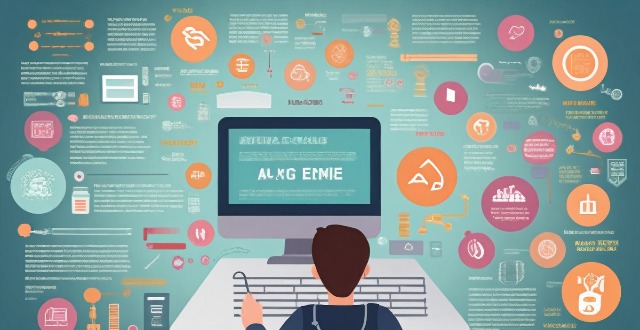
Is there a link between screen time and decreased attention span ?
In the digital age, excessive screen time has been linked to decreased attention span. Studies show that prolonged exposure to screens can lead to reduced ability to focus, shortened attention span, and impaired memory retention. The relationship between screen time and attention span can be understood through mechanisms such as dopamine release, fragmented attention, disrupted sleep patterns, and reduced physical activity. Research findings support these claims, with studies showing that children and college students who spend more time on screens have shorter attention spans and lower academic performance. However, there are ways to mitigate these effects by setting limits on screen time, practicing mindful usage, taking breaks, engaging in physical activity, and prioritizing sleep. By being mindful of our screen habits and taking steps to mitigate their impact, we can maintain healthy attention spans and overall cognitive well-being.

Is there a connection between multitasking and reduced attention span ?
The article discusses the potential negative impact of multitasking on attention span and suggests strategies to improve focus and productivity. The main points are: 1. Multitasking can lead to divided attention, overloaded cognitive resources, and habituation to short-term stimuli, all of which can reduce attention span. 2. To improve attention span, it is recommended to prioritize tasks, take breaks, and minimize distractions. 3. By implementing these strategies, individuals can enhance their ability to focus and maintain attention on important tasks.
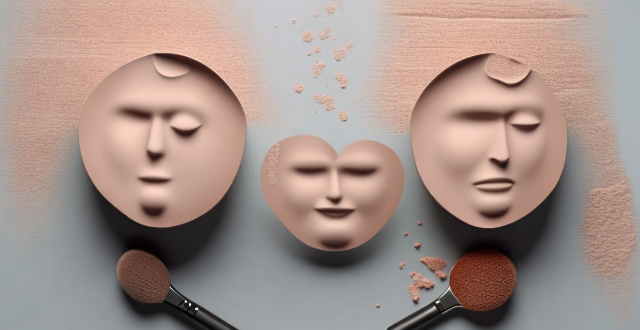
Are there any shortcuts to doing a full face of makeup quickly ?
In this guide, we explore shortcuts and tips for doing a full face of makeup quickly. We discuss preparation, multi-tasking products, streamlined techniques, and time-saving tools. By following these steps, you can do a full face of makeup quickly without sacrificing quality or style.
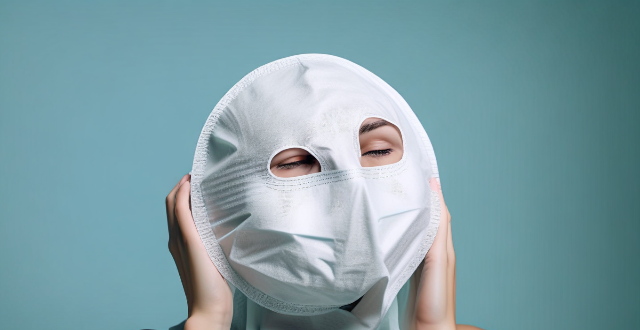
Can wearing a face mask for a long time cause breathing problems ?
Wearing a face mask for extended periods can cause breathing issues, especially if the mask is not fitted properly or worn incorrectly. There are various types of face masks, each with its own potential impact on breathing, including surgical masks, N95 respirators, and cloth masks. Prolonged use of face masks can lead to increased resistance, humidity, and reduced oxygen intake. To minimize potential breathing issues while wearing a face mask, it's important to ensure proper fit, choose breathable materials, take breaks, stay hydrated, and consult a healthcare professional if necessary. Overall, the benefits of source control and infection prevention should be balanced against any minor discomforts experienced.

What are the benefits of using a face mask regularly ?
The text provides a summary of the benefits of using a face mask regularly, including improved skin health, anti-aging benefits, acne prevention and treatment, and relaxation and self-care. The improved skin health section discusses the benefits of moisturization, cleansing, nutrient infusion, and brightening effects. The anti-aging benefits section highlights boosting collagen production, fighting free radicals, plumping up fine lines and wrinkles, and improving skin texture. The acne prevention and treatment section covers reducing inflammation, balancing oil production, unclogging pores, promoting healing, and preventing future breakouts. The relaxation and self-care section emphasizes stress relief, aromatherapy benefits, sensory experience, and quality me-time. Overall, the text suggests that incorporating face masks into a regular skincare routine can offer numerous benefits for both physical and mental well-being.

How does wearing a face mask affect oxygen levels in the body ?
Wearing a face mask is an essential practice during the COVID-19 pandemic to prevent the spread of the virus. However, some people have concerns about whether wearing a mask affects oxygen levels in the body. In this article, we will explore how wearing a face mask affects oxygen levels in the body and provide evidence to support our claims. There are two main ways in which wearing a face mask can affect oxygen levels: decreased airflow and increased carbon dioxide retention. However, studies have shown that wearing a face mask does not significantly reduce oxygen levels in healthy individuals who are not exercising heavily. In healthy individuals, wearing a face mask does not pose any significant risk of low oxygen levels. However, if someone has underlying respiratory conditions such as asthma or COPD, they may experience shortness of breath or other symptoms when wearing a face mask. To ensure adequate oxygen levels while wearing a face mask, one can follow these tips: choose the right type of mask, maintain good hydration, exercise regularly, avoid heavy exercise, and consult with healthcare professionals if necessary.
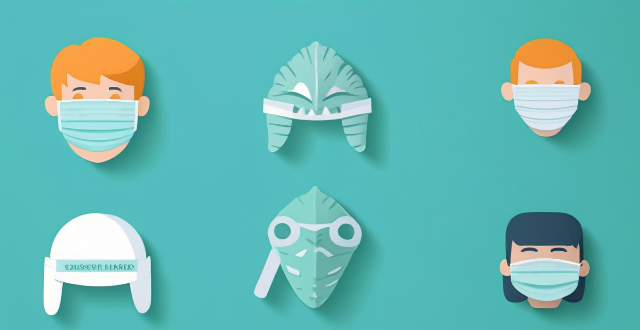
Is it safe to reuse disposable face masks after being out in public ?
The safety of reusing disposable face masks depends on several factors, such as the type of mask, how long you've been wearing it, and whether or not you've touched the outside of the mask. The CDC recommends replacing your disposable face mask as soon as it becomes moist or dirty. While it may be tempting to reuse disposable face masks to conserve resources, doing so could compromise their effectiveness. It is generally recommended to follow the guidelines provided by health organizations and experts and prioritize your health and safety by using clean and effective personal protective equipment.

What challenges do athletes face when using their platform to advocate for peace ?
Athletes face challenges when advocating for peace, including navigating political landmines, dealing with criticism and backlash, balancing personal brand and advocacy, finding common ground, maintaining credibility, overcoming language barriers, and avoiding complacency.
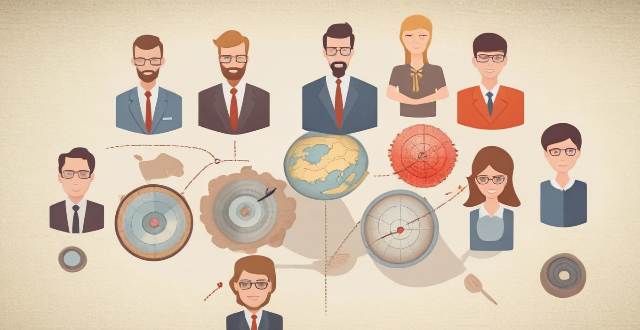
What challenges do athletes from different cultural backgrounds face when competing in foreign countries ?
Athletes from different cultural backgrounds face challenges when competing in foreign countries, including language barriers, cultural differences, time zone changes, and homesickness. These issues can affect performance, mental state, and overall experience during competition. Overcoming these challenges requires resilience, adaptability, and a strong support system.

How can I treat a burn before seeking medical attention ?
Burns can be painful and potentially dangerous, especiallyBurns can be painful and potentially dangerous, especially cover a large area of the It's important to seek medical attention as soon as possible for any burn that is serious or covers a significant portion of your body. However, there are steps you can take to treat a burn before getting medical help. Here's what you should do: - Cool the Burn: Run cool (not cold) water over the burn for at least 10 minutes. Avoid putting ice directly on the burn. - Remove Heat Source: If the burn is due to contact with a hot object like a stove or iron, carefully remove the heat source without putting yourself at risk. - Remove Constricting Items: If any jewelry or clothing is near the burned area and might constrict as swelling occurs, remove it if possible without causing further injury. - Cover the Burn: After cooling the burn, gently cover it with a clean cloth or sterile dressing to protect it from infection and further injury. - Take Pain Relief: Over-the-counter pain relievers like ibuprofen or acetaminophen can help manage pain. Follow the instructions on the packaging and consult a healthcare professional if unsure. - Stay Hydrated: Drink plenty of fluids to prevent dehydration, which can occur more quickly when your skin is damaged. While the above steps can help with minor burns, it's crucial to seek medical attention for more serious burns. You should see a doctor for burns that are deeper than the top layer of skin (second-degree burns), cover an area larger than your hand, are on the face, hands, feet, groin, buttocks, or major joints, are caused by electricity, radiation, or chemicals, or show signs of infection such as increased redness, pain, or fever. Remember, these guidelines are for initial first aid and should never replace professional medical advice. Always seek medical attention for serious burns as soon as possible.
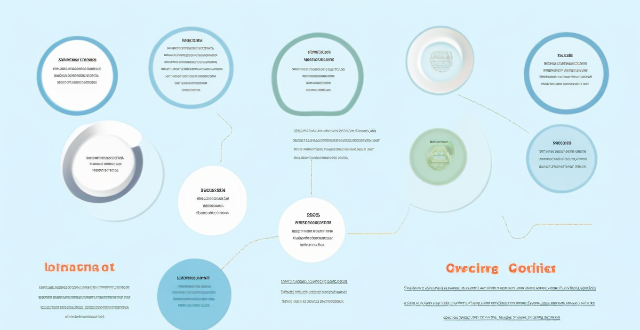
How can I improve my chances of winning an academic competition ?
To improve your chances of winning an academic competition, focus on understanding the rules and criteria, researching past winners, developing a strong research plan, creating a well-structured outline, writing clearly and concisely, practicing presentation skills if applicable, seeking feedback from peers or mentors, paying attention to details, and meeting deadlines. Consistency, dedication, and attention to detail are key factors in achieving success.
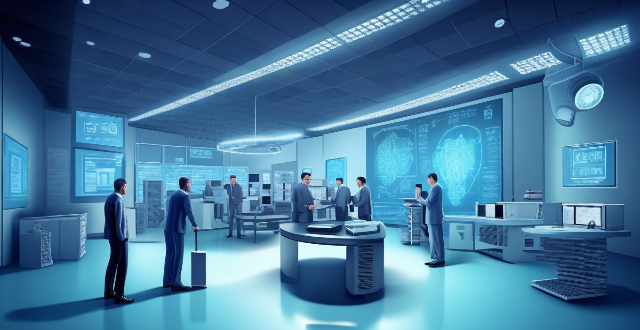
How do celebrities deal with paparazzi and public attention ?
Celebrities deal with paparazzi and public attention in various ways, including hiring security personnel, limiting public appearances, using disguises, maintaining privacy online, and taking legal action.
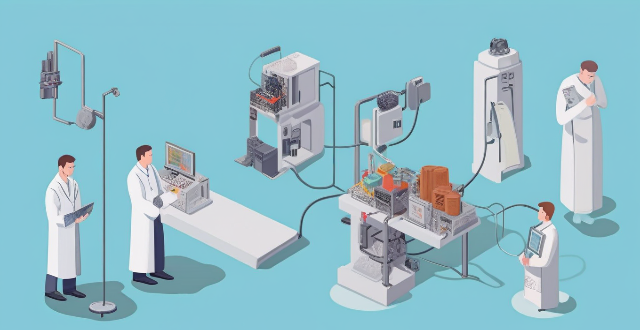
Are there any scientifically proven methods to enhance attention span ?
Attention span is crucial for productivity and success. Scientifically proven methods to enhance it include mindfulness meditation, taking breaks, getting enough sleep and exercise, cognitive training, and a balanced diet.
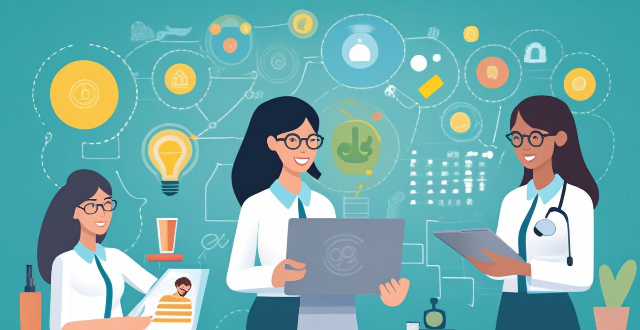
What challenges do women face in achieving scientific literacy, especially in developing countries ?
Scientific literacy is crucial for individuals to understand and make informed decisions about the world around them. However, women in developing countries face numerous challenges in achieving scientific literacy due to various socio-economic and cultural factors. These include a lack of access to education, economic barriers such as poverty and limited job prospects, gender stereotypes and bias in teaching methods, family pressures and responsibilities like child marriage and household chores, inadequate infrastructure, and a technological divide. Overcoming these challenges requires concerted efforts from governments, educational institutions, NGOs, and communities to promote gender equality in science education. By addressing socio-economic barriers, changing cultural perceptions, improving infrastructure, and bridging technology gaps, we can create an environment where women can achieve scientific literacy and contribute fully to the advancement of science worldwide.

What challenges do countries face when trying to achieve climate cooperation ?
**Challenges in Achieving Climate Cooperation:** Countries face numerous challenges when trying to cooperate on climate issues due to diverse national interests, unequal responsibility and capacity, economic implications of climate policies, geopolitical tensions, scientific uncertainty and skepticism, and institutional barriers. These factors can lead to disagreements about who should bear the burden of reducing emissions and how much financial and technical support should be provided to less capable nations. By understanding these challenges, countries can work together to find solutions that balance national interests with the global imperative of combating climate change.

What challenges do filmmakers face when creating realistic sports action scenes ?
Creating realistic sports action scenes in films is a challenging task for filmmakers. They need to capture the essence of the sport while maintaining authenticity and excitement for viewers. The challenges they face include achieving accurate representation, capturing high-energy action, maintaining audience interest, enhancing visual effects, and adapting to different sports genres. By successfully overcoming these obstacles, filmmakers can deliver captivating sequences that capture the spirit of sports and leave audiences on the edge of their seats.